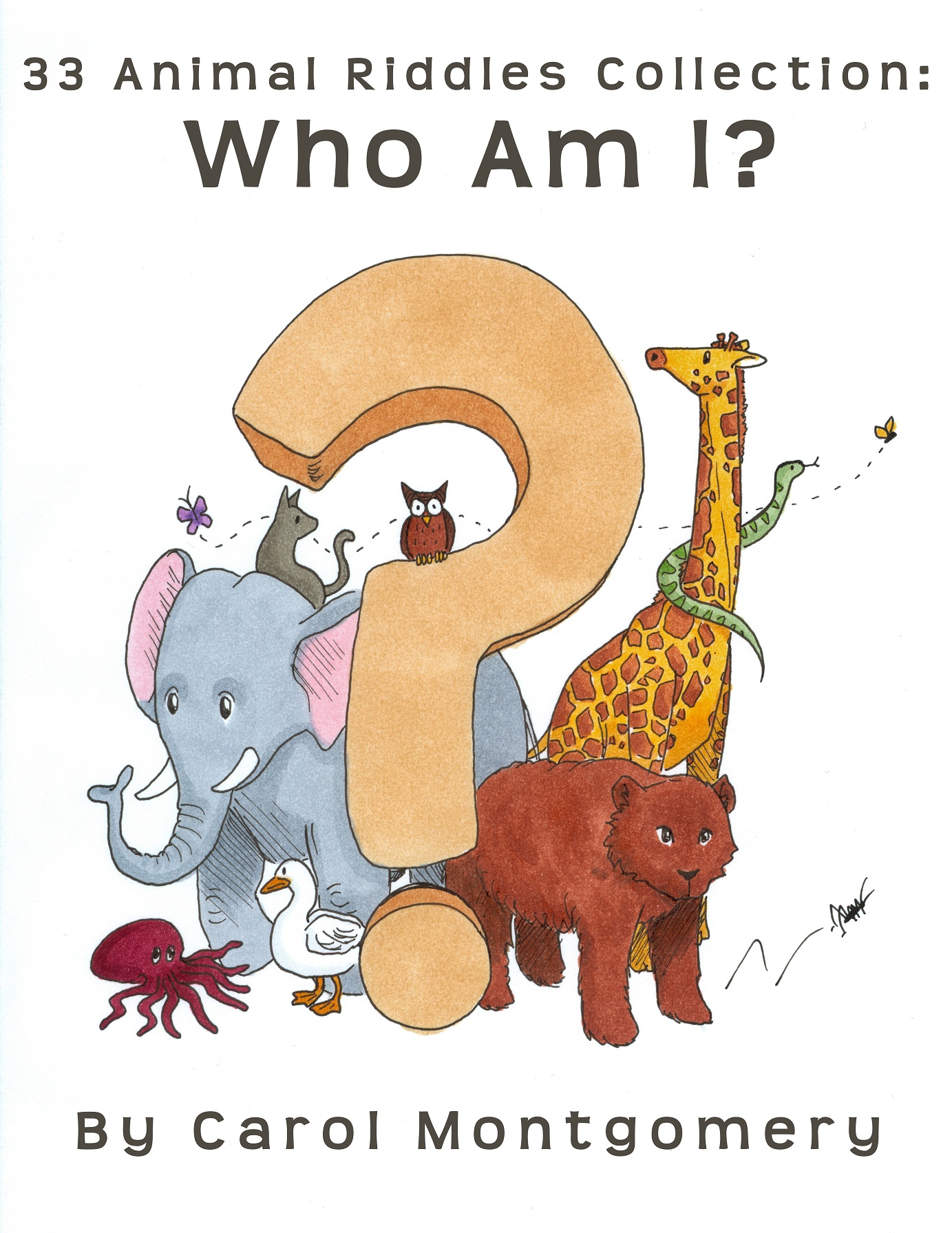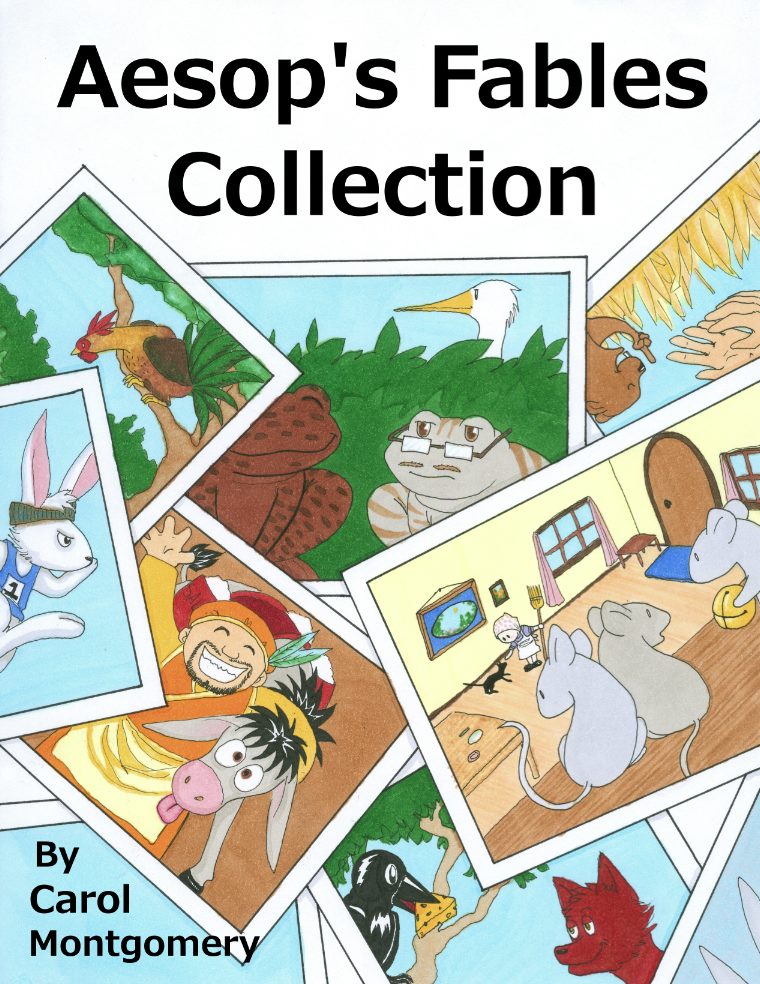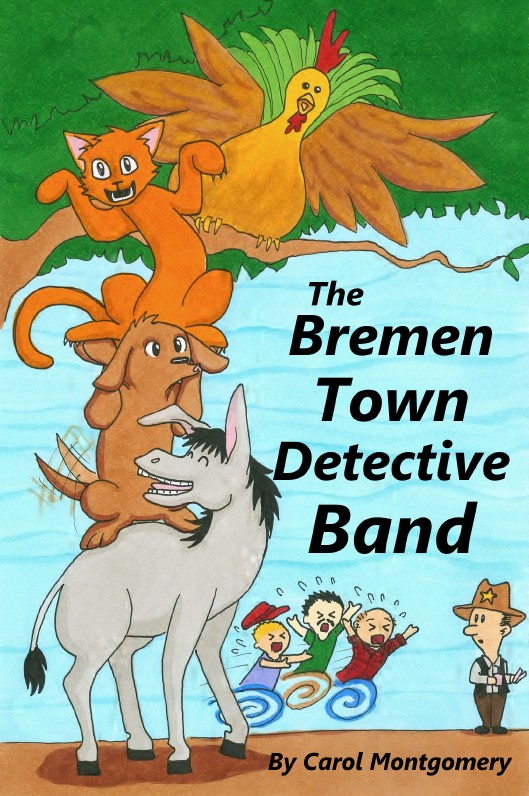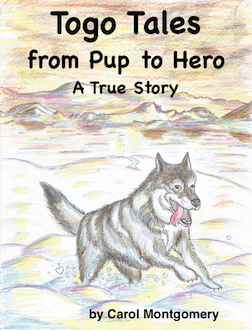 A little girl I knew had a dream of being a teacher. The summer after she finished fifth grade she decided to launch a neighborhood newspaper: the "Sunset Telegram–Every Other Day News." A few neighbors agreed to subscribe to the newspaper for a nickel for each edition. So, the "Sunset Telegram" quietly launched with about six subscribers and a couple of helpers–including mom.
A little girl I knew had a dream of being a teacher. The summer after she finished fifth grade she decided to launch a neighborhood newspaper: the "Sunset Telegram–Every Other Day News." A few neighbors agreed to subscribe to the newspaper for a nickel for each edition. So, the "Sunset Telegram" quietly launched with about six subscribers and a couple of helpers–including mom.
Mom brought home mimeograph masters to her daughter, occasionally helping print the articles by hand. Copies were mimeographed (i.e., printed) at mom's work. The newspaper was ad-free and didn't make much money. But, a child's dream was nurtured.
The girl didn't care much about the money because people looked forward to reading what she had written. She was helping others get to know their neighbors and inspiring smiles. The little neighborhood newspaper included 4-5 pages of handwritten articles and came out once a week all summer.
"The Sunset Telegram" quietly died when school started. But, a child's dream had been nurtured.
Well, the girl has been in "school" almost 60 years now and she's still dreaming. Only now she's dreaming about helping more teachers and parents champion their learners into leaders with Readers Theater. She's dreaming about changing lives by building lifelong skills with Readers Theater. And, she's dreaming about building leaders and creators with weekly Readers Theater. Yes, I'm still that girl writing to help others.
Your students may have dreams to nurture and explore, too. And, January is a perfect time to talk about new beginnings and big dreams.
Here are five January ideas and tips for enjoying Readers Theater:
1. New Year: Dream Big
Many people think about January as a new year–an opportunity for new dreams, new goals, and new habits. Readers Theater makes a great classroom habit, but it can be so much more. Use Readers Theater to inspire your students with positive role models in our adventures and biographies. And, if you choose appropriate scripts, your students may even learn to dream big.
Our script "Turkey Dreams" tells the story of Turkey, who had a dream that many others thought was foolish. Turkey pursues his dream in spite of the discouraging comments.
"Turkey Dreams" is adapted from a true story of our friend, an accountant, who dreamed of doing something else. Although "Turkey Dreams" is available only in the Script Buffet for paying members, others may purchase "Turkey Dreams–with Flexi-Curric™" (i.e., shortcuts for cross-curricular lessons) from our little store.
Look for other scripts online or in the Script Buffet to inspire your students to dream big. To inspire scientific explorations consider enjoying the NASA transcripts, "Moon Talk," in our free Readers Theater scripts section. (Scroll down to Science and you'll find three "Moon Talk" options.)
Or, to inspire environmental heroes look at the other titles in the Science section (e.g., "Kids Save Shad," "Students Save Shad"). Sometimes students need to know that they can make a difference in the world through their own actions. Readers Theater can help inspire your students.
2. Character Building
Who teaches positive character building lessons these days? Do you?
January is the perfect time to refresh your student's memories (or teach them) about character. Positive character traits will benefit your students for the rest of their lives. We have an entire category in the Script Buffet for character building Readers Theater scripts–scripts that exemplify courage, diligence, faithfulness, gratefulness, helpfulness, honesty, humility, joy, kindness, love, respect, and/or wisdom. In fact, many of our scripts overlap the character building category as part of an adventure, biography, fable, or historical story. Just click on the readability level you need (i.e., K-2, 3-5, 6-8) on the Script Buffet Table.
Even if you're not a Script Buffet Club member yet we have a few trustworthy free scripts listed in the character building section. But, don't limit yourself to thinking you can only have character building discussions with the free scripts in the character building section. You'll find other free Readers Theater scripts that can be used for character building lessons in other sections of our website or online, too (e.g., Harriet Tubman's story in Black History).
I remember reading a Readers Theater script once about a little girl who was begging her mom to buy something. The little girl had a terrible attitude. She badgered her mother over and over again about buying the item. The mother always replied, "No..." But, the little girl didn't give up. She continued to express her horrible attitude.
Finally, mother said, "Yes...". The little girl won. And, the students reading the script over and over again had a fine lesson in how to have a poor attitude and get your way. I was horrified. Please, consider discussing the attitudes and character traits of the characters in your Readers Theater scripts. And, choose your scripts wisely. With repeated readings of Readers Theater scripts you want to instill positive character in your students, right?
3. Dr. Martin luther King, Jr.–"I Have a Dream"
In the United States Dr. Martin Luther King, Jr. is honored with a holiday in January. He was a wise man with a big dream. Years ago I adapted the famous part of Dr.King's "I Have a Dream" speech to Readers Theater–the part where he put down his notes and began to speak from his heart.
After I adapted that part of his speech to Readers Theater I found out that his speech was NOT in public domain. I tried to get permission to use the speech, but never heard back from "the powers that be." So, in order to avoid potential legal issues I just wrote an article to help you or your students adapt his powerful speech to Readers Theater–Dr. Martin Luther King, Jr.: "I Have a Dream."
Dr. King built a legacy of influence. But, what stories influenced him? As you honor Dr. King you could also consider scripts from our Black History section, including several scripts on the Underground Railroad. Most of the Underground Railroad scripts are free. Maybe they could carry you into February (Black History Month in the United States).
4. Seasons/Winter
Did you know that I was born and raised in Southern California? We didn't have winter in Southern California. It snowed once when I was in sixth grade, but usually the snow was just in the mountains. Anyway, when I was 26 Prince Charming showed up, became my best friend, we married and moved to his home state of Maryland–where you have REAL winter with beautiful snow. I've decided you can take the girl out of California, but you can't take California out of the girl. I still love the Maryland green and the California sun.
One of our loyal Script Buffet Club members requested a script related to a famous winter sled-dog race. So, I wrote several cold winter stories including "The Great Race of Mercy 1925," "Togo Tales," "Togo–Sled Dog Hero," and more.
Most of the scripts are based on the historical Great Serum Race of 1925 to save the children in Alaska. It's an exciting adventure that gave me GREAT appreciation for the sacrifices of the mushers who endured hostile weather, sacrificing their own comfort for the lives of others. Many of the mushers were First Nations people (often called Native Americans). Everyone came together as one to save the children. The story made national headlines in the newspapers of the day.
Script Buffet Club members may find the collection of winter sled dog Readers Theater scripts in our Script Buffet Table under Holidays, Seasons, and Events or on one of the Seasons category pages: grades K-2, grades 3-5, or grades 6-8. But, non-members may also purchase some of them in our little store.
5. Science Topics
Our first-born used to help do the dishes when his siblings were too little to help much. It seemed to take a long time for him. Then, I discovered he was experimenting with the water, bubbles, buoyancy and more. Now he's a physicist who STILL does experiments!
In the science category of the Script Buffet Table we have a growing series of scripts for our Script Buffet Club members on inventors and their inventions (e.g., Alexander Graham Bell, Thomas Edison, Benjamin Franklin, The Wright Brothers...). "The Talking Dog" is one of my favorite stories of the young Alexander Graham Bell. (You'll find the story in all of the scripts about Bell's childhood.)
You can probably find more stories of childhood and adult inventors online or in books. Encourage your students to write their own Readers Theater scripts for cross-curricular fun. You could even use a Readers Theater script to introduce your unit study. Who knows? You may inspire some future scientists and creative thinkers!
6. BONUS: Super Bowl
I played powder puff flag football in high school. We played once a year, the juniors vs. the seniors. (I was usually a right guard.) Playing football helped me understand it more. Although I'm not a football fan, I do know that some of your students come from homes where football is important. In fact, January is Super Bowl month in the U.S. where the two top teams compete.
If you want to take advantage of football talk in January, check out our free script "Super Bowl Students vs. Salamander Sly." The Super Bowl Students don't exactly play football, but it is important to win against the opposing team, The Distractions. Maybe we all need to win against The Distractions?
Once The Distractions are defeated we're guaranteed success with Readers Theater. Readers Theater builds several key life skills in one delightful activity (e.g., reading, writing, listening, thinking, speaking). And, if you choose Readers Theater in a core subject area (e.g., health, science, history, social studies, literature...) you and your students will discover the joy of cross-curricular or integrated learning. How can you and your students enjoy Readers Theater in January and all year? You'll build knowledge, skills, and character while you make great memories! Where will YOU start?





 A little girl I knew had a dream of being a teacher. The summer after she finished fifth grade she decided to launch a neighborhood newspaper: the "Sunset Telegram–Every Other Day News." A few neighbors agreed to subscribe to the newspaper for a nickel for each edition. So, the "Sunset Telegram" quietly launched with about six subscribers and a couple of helpers–including mom.
A little girl I knew had a dream of being a teacher. The summer after she finished fifth grade she decided to launch a neighborhood newspaper: the "Sunset Telegram–Every Other Day News." A few neighbors agreed to subscribe to the newspaper for a nickel for each edition. So, the "Sunset Telegram" quietly launched with about six subscribers and a couple of helpers–including mom.



.jpg)


0 Comments Posted Leave a comment